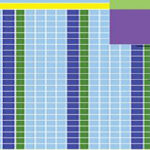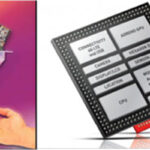Today, billions of electronic devices are developed to suit consumer needs. As technology evolves, devices need to run at lower and lower voltages and this means that systems may need to have multiple supply rails. Because of this IQD, a subsidiary of the Würth Elektronik eiSos Group has produced a range of frequency products that run at these low voltages, giving a system designer the opportunity to develop systems that have a common supply rail. This approach produces reliable PCBAs that support PCB downsizing by reducing component count whilst realizing design goals.
IQD’s low voltage CMOS clock oscillators are available at JEDEC standard voltage levels for CMOS devices of 0.9 V, 1.2 V and 1.5 V. The IQXO-691 series oscillators are ideal for use in designs where improved battery life is critical, including body cameras for security services, digital cameras, personal navigation devices (PND), portable audio players, portable test equipment as well as USB Interface, WLAN and wearable applications.
The clock oscillators are available in four industry-standard packages: 2.5 x 2.0 mm, 3.2 x 2.5 mm, 5.0 x 3.2 mm and 7.0 x 5.0 mm. Furthermore, the IQXO-691 series is available with frequency stability down to either ±20 ppm over an operating temperature range of -20 to 70 °C or ±25 ppm over -40 to 85 °C.






Leave a Reply